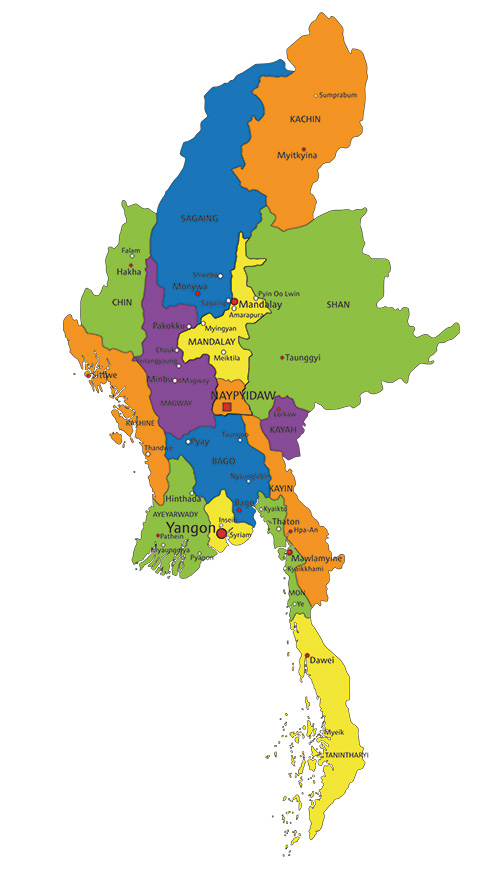
It’s not a title that many countries would be proud to call their own, but the troubled South Asian nation of Myanmar has overtaken Afghanistan as the world’s biggest producer of opium
By
As conflict and instability spreads in Myanmar and the economy grinds to a halt, the lucrative drug trade tempts farmers and funds the fighting.
Opium production has a long history in Myanmar, stretching back at least to British colonial times. Most of it is produced in Shan state in eastern Myanmar, which forms a part of the infamous Golden Triangle, a remote and fairly lawless region of Myanmar, Laos and Thailand, one of the world’s leading opium-producing areas since the 1950s.
For decades, Myanmar was run by a military dictatorship, but rebel armies in certain border regions, including much of Shan state, were engaged in near-constant battles with government forces and were able to retain a certain amount of autonomy. This instability, combined with porous borders, meant that the drug trade flourished, with profits funding both the rebel armies and the Myanmar military.
In 2015, the now-dissolved National League for Democracy (NLD), led by Nobel Peace Prize-winning Aung San Suu Kyi won a landslide victory in the country’s first democratic elections since 1990 (the 1990 elections were also won by the NLD, but the result was annulled by the military who retained power). With the end of military rule, opium poppy cultivation declined year on year until the military launched another coup in 2021 and re-took power.
And that return to the bad old days of a military dictatorship has also sparked a dramatic increase in opium poppy cultivation. According to a new report by the UN, there has been an estimated 36 per cent rise in opium production since the military takeover. The report states that 1,080 tonnes of opium has been harvested this year, which is the highest yield since 2001, and that 154 tonnes of heroin has been exported out of Myanmar this year.

And, as opium production has increased in Myanmar, it has decreased by a dramatic 95 per cent in Afghanistan, the world’s other big opium producer. The decline of production in Afghanistan is due to a strict drug ban put in place by the ruling Taliban, which has left Myanmar with the unenviable title of world’s largest producer of opium.
As before, the opium being produced in Myanmar is being used by both sides to fund the expanding civil war. Jeremy Douglas, a regional representative of the United Nations Office for Drugs and Crime (UNODC), which produced the report, says ‘The economic, security and governance disruptions that followed the military takeover of February 2021 continue to drive farmers in remote areas towards opium to make a living’.
With the conflict continuing to spread and economic opportunities in the country decreasing for many, the worry is that the profits to be made on the drug trade will only encourage the planting and harvesting of ever higher quantities of opium poppies.
Related articles:




